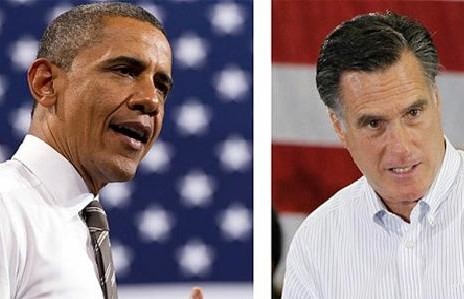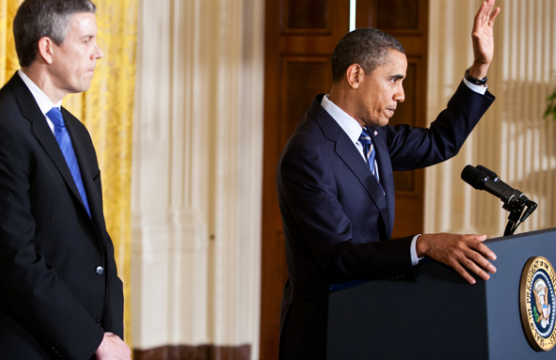
Obama and Romney Part Ways on Vouchers
Education policy — what Romney and Obama agree and disagree on.
Whether or not it came as surprise to Chinese officials, news of warming relations between the U.S. and Cuba has likely sparked debate within China about future relations with the island nation. In Chinese media, Chinese officials and scholars describe the move as either positive for China or unlikely to affect the China-Cuba relationship in any major way. Chinese netizens offer more diverse viewpoints, either welcoming Cuba’s “wise” decision or accusing Raul Castro of betrayal and lamenting the loss of yet another member of the “socialist club.”
Jiang Shixue, one of China’s go-to experts on Latin America, is generally optimistic about China’s future relations with Cuba, suggesting that warming relations between the U.S. and Cuba could enable China to strengthen cooperation with the island nation. “In the future,” Jiang argues, “China will no longer have to caution the ‘American factor’ in its engagement with Cuba. China can more boldly cooperate with Cuba in some strategic areas.” Jin Canrong, a well-known U.S.-China relations scholar at Renmin University, argues that the move could in fact improve US-China relations by removing an area of disagreement between the two major powers.
Jiang and others also see new opportunities for Chinese firms. In a paper.cn article, Chinese Academy of Social Sciences (CASS) scholar Xu Shicheng argues that a more open Cuba, with fewer regulations on foreign capital, will encourage Chinese investment.
Also of interest is Xu Shicheng’s assertion that China not only knew about the U.S.-Cuba agreement before it was publicly announced, but also supported the outcome. A December 19th thepaper.cn article quotes Xu as saying that the Chinese government had received a Cuban representative earlier in the year to learn about China’s process of normalizing relations with the U.S. in the late 1970s. The strongly pro-government Global Times also suggested that U.S.-Cuba normalization was inspired by the success of the Chinese model. The editorial argues that “transition countries value the Chinese experience, which brings them even closer to China.”
Despite much public support for the move, some in China caution that is still too early to know how U.S.-Cuba relations (or China-Cuba relations, for that matter) will progress. Former ambassador to Cuba, Liu Yuqin, states in a December 2014 China Daily article that normalization of U.S.-Cuba relations will encounter “tremendous difficulties,” so it is too early to worry about any concrete impact on China.
Whatever the outcome, China would seem to have established itself in as a critical partner for Cuba in the coming years. The China-Cuba Intergovernmental Commission signed five new agreements just one month after Obama’s historic announcement. At the same time, China approved a Cuban proposal to delay repayment of Chinese debt. Beijing to Havana flights are also set to begin on September 28, 2015, in celebration of the 55th anniversary of China-Cuba bilateral relations.
Education policy — what Romney and Obama agree and disagree on.
Wall Street Journal article discusses new teacher evaluation methods and how the results will be used for incentives.
States can now qualify for flexibility on No Child Left Behind Act if they meet three requirements.

